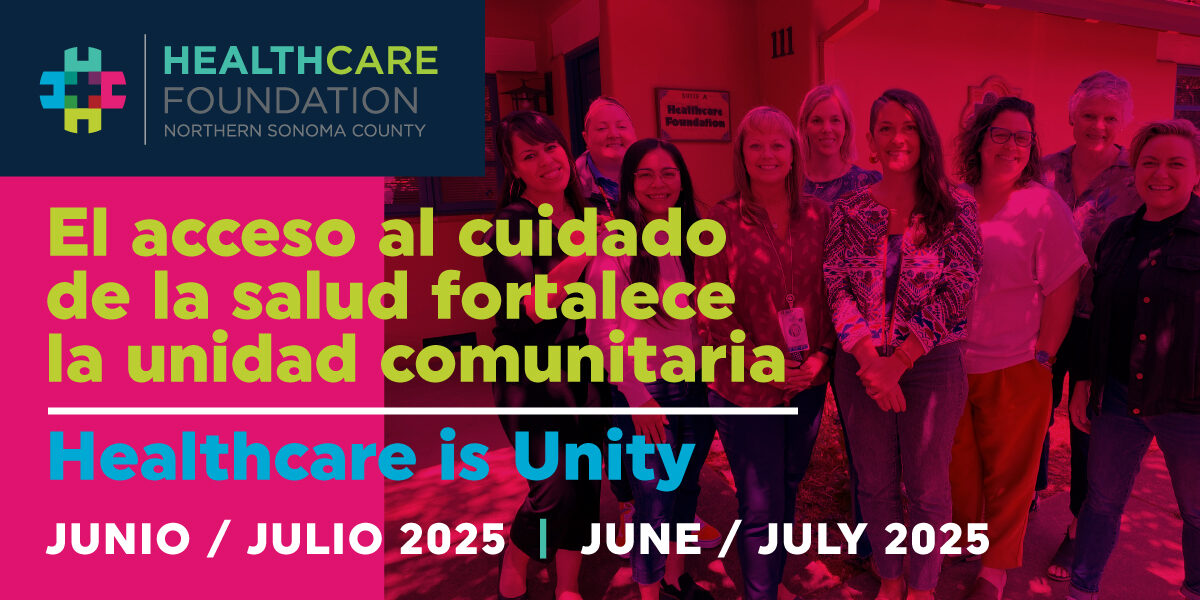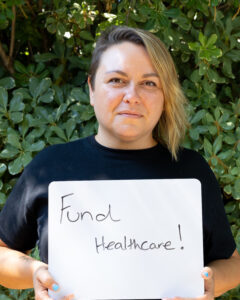
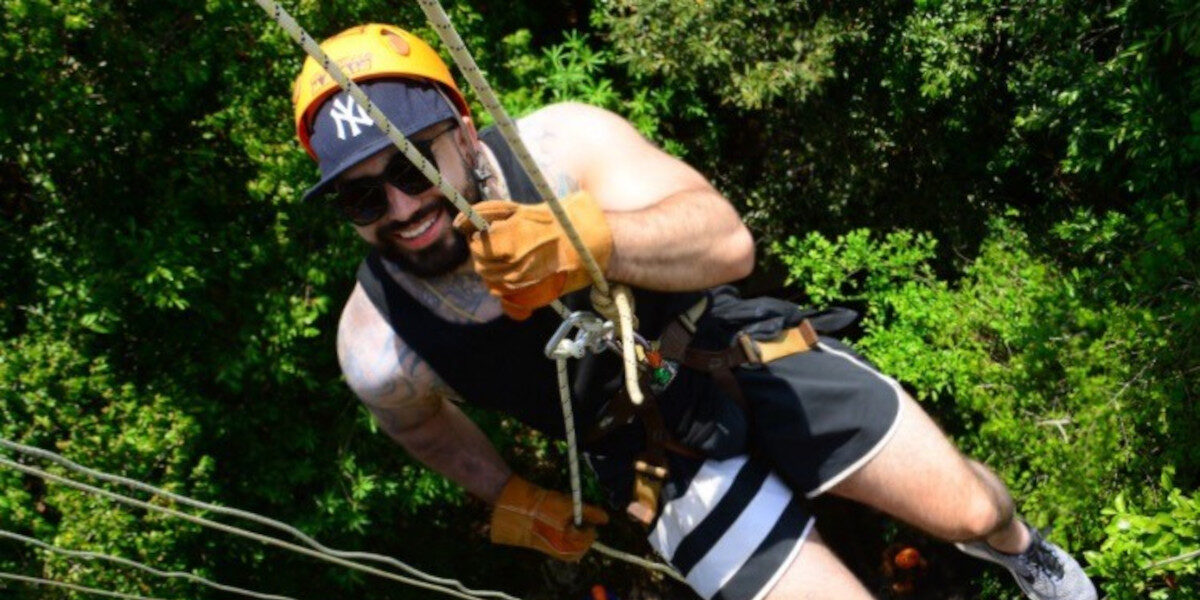
Mental Health Talent Pipeline Profile: Luigi Valencia
Mental Health Talent Pipeline awardee Luigi Valencia shares his story.
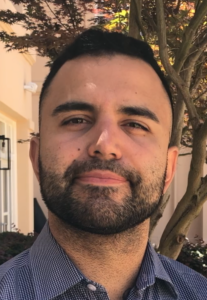
When Mental Health Talent Pipeline scholarship recipient Luigi Valencia was growing up the son of immigrants in an economically disadvantaged neighborhood in Sonoma County, he witnessed many people he knew experiencing negative encounters with the police. But he also noticed that many of those people were hurting in different ways: some had mental health issues, and some were abusing substances to ease that pain. As a kid, he didn’t fully understand the connection, but it’s part of what drew him first to a career in mental health and then to pilot a youth diversion program to help keep young people out of juvenile detention.
“We need to increase our collaboration between law enforcement and mental health professionals, such as with the Mobile Support Team that goes out on 911 calls with police officers to address mental illness-related incidences, to help de-escalate situations and peacefully handle people in crisis,” Luigi says. “I would say nine times out of ten, the people who come into contact with law enforcement have some mental illness or have experienced trauma. Being Latino and fluent in Spanish, and having experienced family members being incarcerated, helps me bridge the gap with Latino youth, and de-escalate what could otherwise result in violence.”
With support from the Healthcare Foundation’s Mental Health Talent Pipeline stipend, Luigi began working with SOS Community Counseling in 2017 in Healdsburg School District, and now also works in Windsor, Santa Rosa, and soon in Cloverdale. He counsels over 60 students throughout the school year, and has now become the Justice Program Specialist for a number of entities in the County: Mobile Support Team (Sonoma County Behavioral Health), Healdsburg Juvenile Diversion Program (Healdsburg Police Department), Windsor Youth and Family Services Diversion Program (Sonoma County Sheriff’s Office), and Amarosa Continuing Education Program.
Luigi mostly works with young people in northern Sonoma County who have had encounters with law enforcement, whether for minor offenses like vaping or marijuana possession, or for more serious offenses. Through the juvenile diversion program, Luigi is able to offer these young people therapy and community service instead of incarceration in the juvenile detention system. And he’s successfully expanded the program with the school districts to provide the same alternatives to detrimental disciplinary measures such as suspension or expulsion. The success rate of this pilot program is phenomenal, changing the course of the lives of these young people: 44 of the 46 people that participated in the diversion program in the last 12 months have stayed out of the justice system and are proceeding with their lives.
“My whole approach is a collaborative community approach,” Luigi says, “supporting the youth from every direction, from teachers, to parents, to administration, and the police.” He explains that by engaging this collaborative network of supporters, together with individual therapy, success is far greater than it would be if just one pillar of the system was trying to help them out.
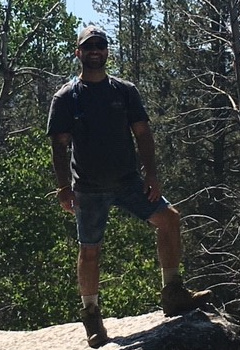
In order to bring additional bilingual/bicultural influence and trauma-informed care to his role with youth encountering law enforcement, Luigi recently decided to take a bold step by studying to become a police officer. As he moves into law enforcement with a focus on public safety, Luigi says his mental health training will help him bring his perspective to others on the force to see people in crises through a different lens. Because he is familiar with all the mental health resources in the community, he can share that knowledge not just to meet the needs of youth in crises, but to help other police officers take a more trauma-informed approach. The goal, he says, should be to keep people out of jail, and to address the root causes that brought them into contact with the law.
We’re proud of the work Luigi is doing in our community to connect mental health services with schools and public safety, and we’re deeply grateful to see a trained mental health professional working to bring important conversations and much needed awareness to law enforcement.
This is the kind of reform our country is crying out for in the face of excessive use of force, shootings of unarmed people, and mass incarceration.
For more information about all of our Mental Health Talent Pipeline and the next generation of bilingual/bicultural mental health professionals working in our community, please click here. To find out how you can support the Healthcare Foundation’s work, check out our donation page here.

Related News + Stories
Invest in Our Community
Your support is vital to our collective vision of eliminating health inequities in northern Sonoma County.
Donate
